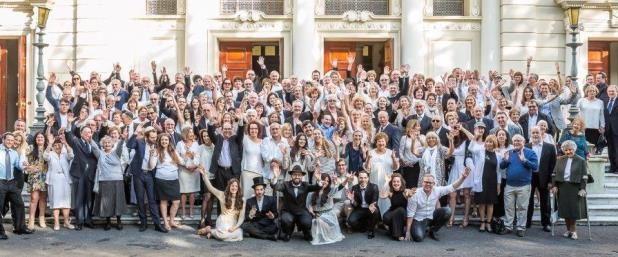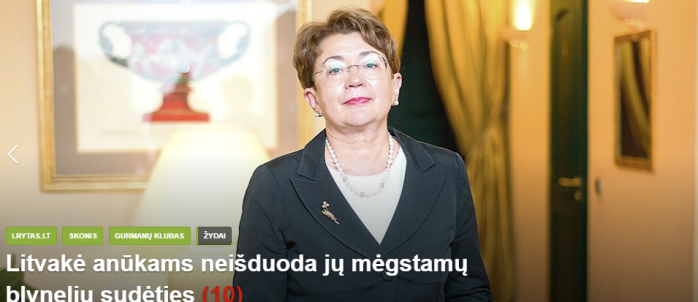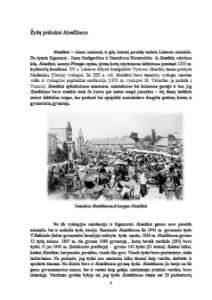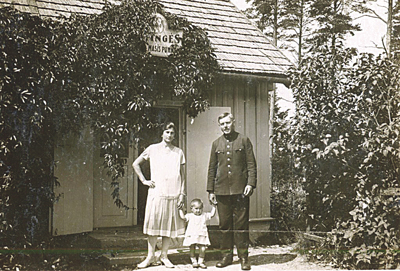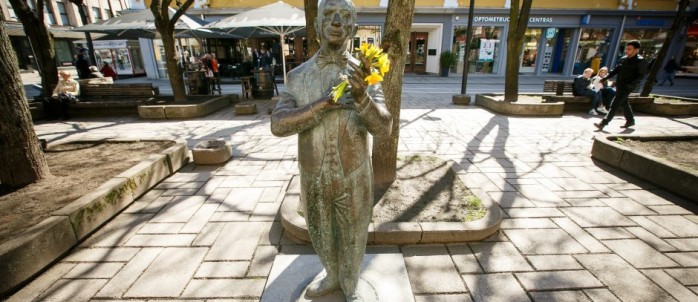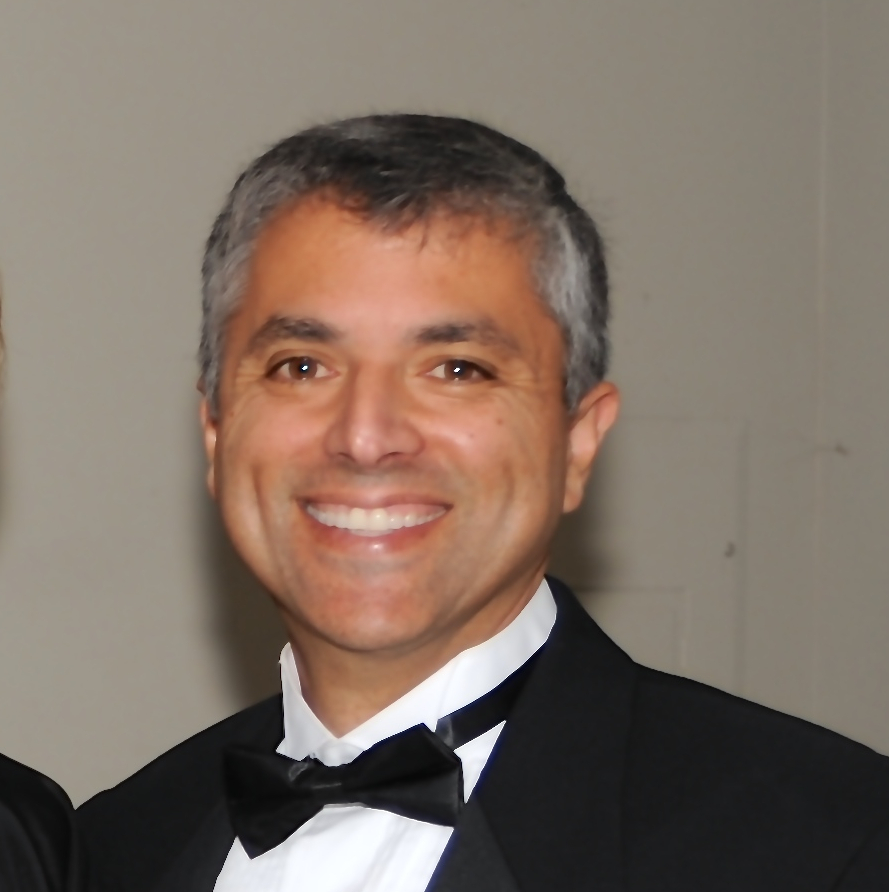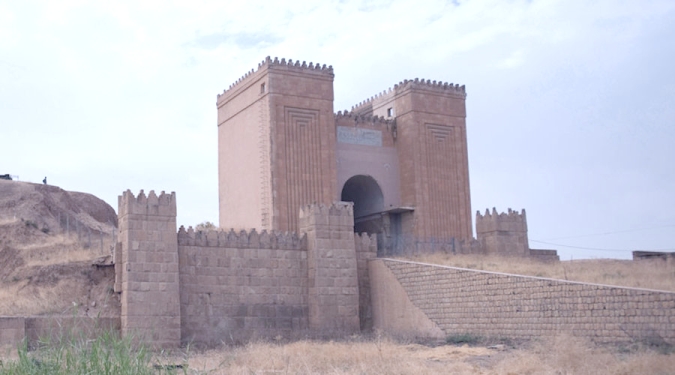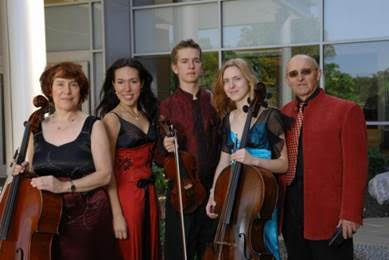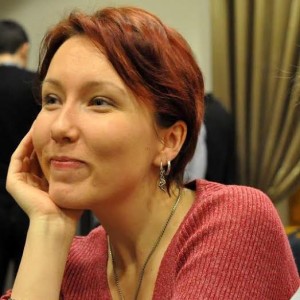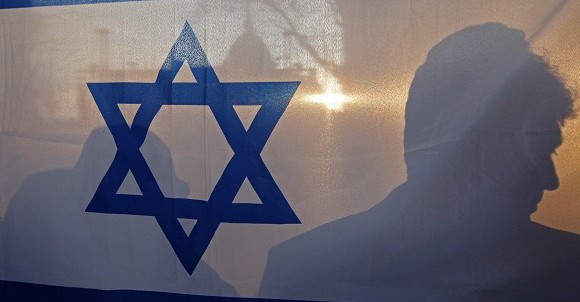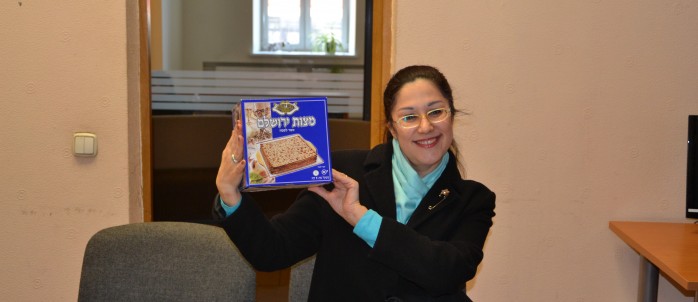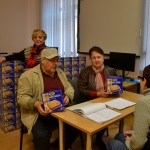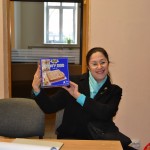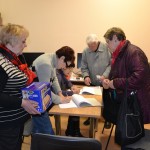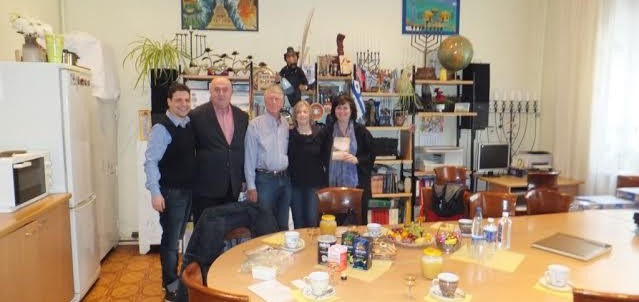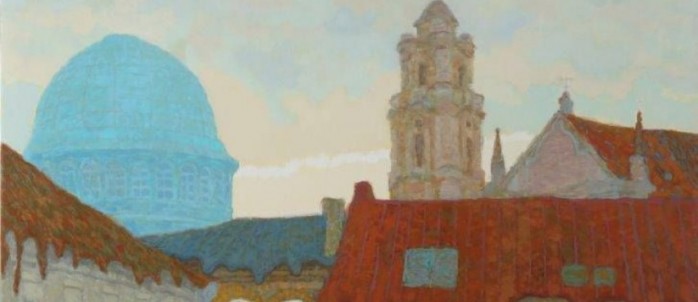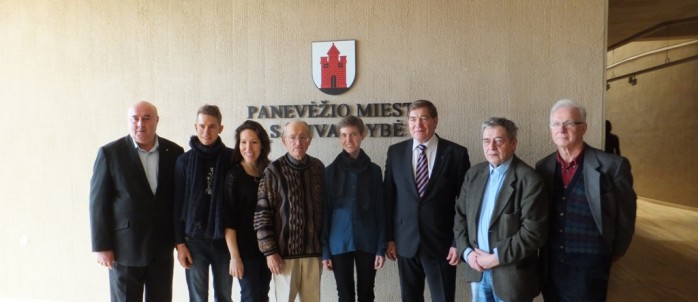
The Panevėžys Jewish Community received honored guests April 20, the family of Dr. Charles Borowsky from the USA.
Members of the Panevėžys city council, deputy mayor Petras Luomanas and Alfonsas Petrauskas received the guests over tea. Borowsky spoke about his family, the beginnings of his musical career, his travels around the world and all the famous people, politicians and scholars he’s met who are in one way or another connected with the world of music. Panevėžys Jewish Community chairman Gennady Kofman said at the meeting the Community works closely with the municipality and carry out joint projects and activities.
Deputy mayor Luomanas praised the Jewish Community for its activities. He also spoke about his family’s connection with music: his wife is a music teacher and has a small orchestra. His wife’s sister is a music teacher in Vilnius and his relatives perform in an Israeli orchestra.


